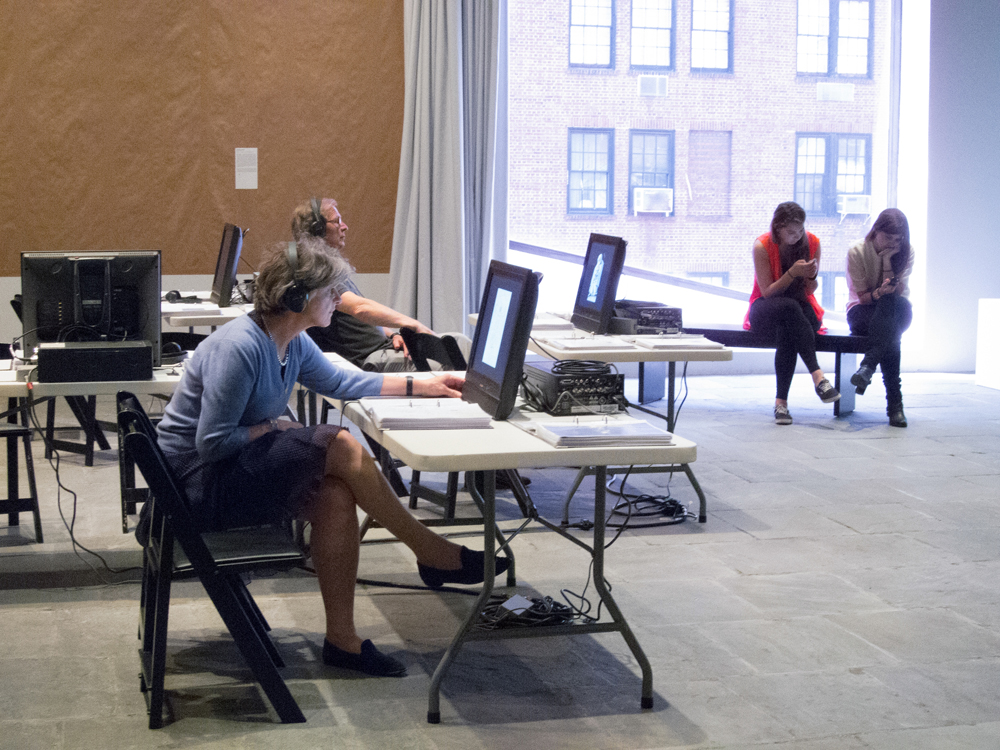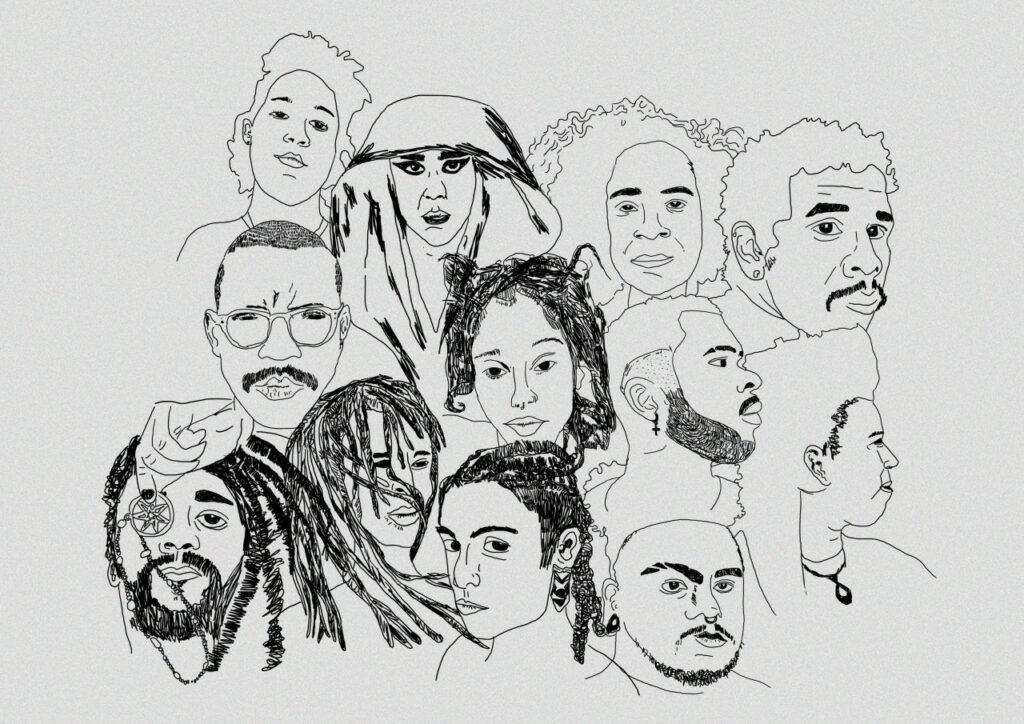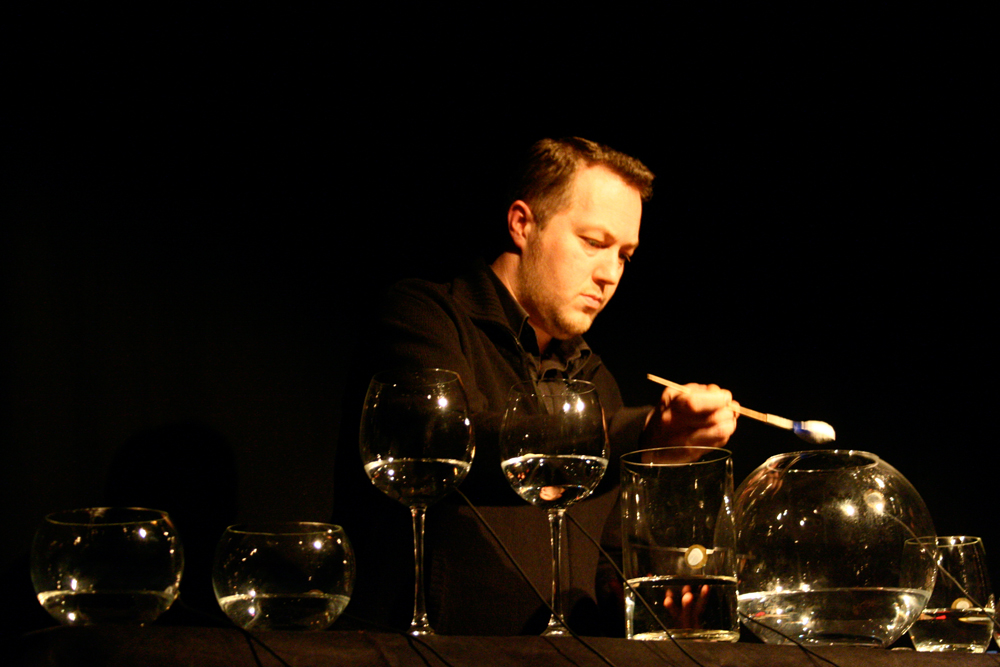
Mutual Aid on the Road to Abolition
Dean Spade Abolitionist Futures
How do we make the connections between the mutual aid practices of our daily lives and anti-capitalist efforts to dismantle wider systems of exploitation?
Arika have been creating events since 2001. The Archive is space to share the documentation of our work, over 600 events from the past 20 years. Browse the archive by event, artists and collections, explore using theme pairs, or use the index for a comprehensive overview.

How do we make the connections between the mutual aid practices of our daily lives and anti-capitalist efforts to dismantle wider systems of exploitation?

A discussion about what is at stake in the performance of realness and the practice of passing, and how they are both acts of survival and resistance.

How black radical practices of abolition imagine a way out of the caging and mass killing of life.

Conceptual choreography as critique, in Ligia’s film of Caribbean plots and scandals, and the possibilities of anti-colonial revenge, rest and repair.

A temporary archive and research space tracing the ways in which sound and audition move through everyday life.

The mutability of the body and the mobility of identity: queered pop culture, drag, lip-sync and performance.


A system in which film is projected onto copper strips, captured again and then re-projected as video, somehow transforming the original imagery into molasses-slow, molten and incredibly tactile flickers of colour and light.

Two figureheads of the minimalist electronica pulse, Ikeda and Nicolai have been responsible for some of the most innovative and ground-breaking music of the last decade, redefining experimental electronica.

A performance for dry ice and four specially constructed steel tables, each one heated by a single candle until searingly hot.

In this response to the Self Cancellation project, Lee Patterson dissolves medicine in glasses of water and explores the sonic content.

How do you know what you want? Should freedom be doing what you ought, not doing what you want? How might a philosopher and artist turn this thinking into an enabling condition in the context of noise and improvisation?